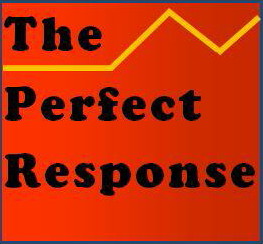Is it any surprise Americans can’t seem to face so many unadorned and troubling truths right now?
I happened to catch part of the telecast of a baseball game played in Philadelphia last Sunday between the Phillies and Mets. And it was an interesting moment: less so for the game than for what it may say about us. The only folks visible at Citizens Bank Park seemed to be the those scheduled to play, unless we include cardboard cutouts of fans in at least several thousand of the seats in the lower tier. The two men calling the game for SNY network seemed to be in a studio offsite. The only viewer in the stadium appeared to be the Phillie Phanatic, unless he was created virtually using Computer Generated Images. To be sure, he was disturbingly green.
All of this went off as planned for what is going to be a shortened season. What was odd, however, were the attempts to normalize the game by augmenting the audio.
Denial Was Not an Option
The stadium is loaded with 1400 loudspeakers, and it sounded like they were busy smothering the empty seats in sound. Music showed up between almost every pitch, along with boisterous introductions of each batter by the stadium announcer. There was also a generous degree of crowd noise and the noise-makers spectators would normally bring with them. I could be wrong, but none of this faux-life appeared to come from network sources, other than the mics picking up all the stadium ballyhoo to know one. Citizens Bank Park must have its own sound designer. All of the racket seemed to have the purpose of not letting viewers see the game as it happened, but as they might wish it happened. The Park is known for creating a lot of noise. But this all struck me as evidence that we are a society that needs to be entertained even under fraudulent circumstances.
As any minor league player moving to the majors knows, a promotion is often called “moving to the show.” Fair enough. But the phony normalcy seems unfair to the players and field staff who are taking risks to play, and a bit of a con on the television audience. In entertainment terms, the game was more or less the equivalent of a sitcom filmed in a studio, with an audio effects guy “sweetening” the whole thing with “canned” applause and laughter. Apparently baseball and some of the networks desperate for sports content need the fakery to sell to their audiences.
Is it any surprise Americans can’t seem to face so many unadorned and troubling truths right now? Some colleges have already sent their students back home because of the virus. But not the football team. For too many Americans wearing a face mask or staying out of bars or not watching contact sports is unimaginable. Many prefer the magical thinking required to have sports seasons this year. Forget the harder realities of the moment.
![]()

 We were clueless about the long tradition of the rally that has continued all these years, even through the Covid-19 scare.
We were clueless about the long tradition of the rally that has continued all these years, even through the Covid-19 scare.